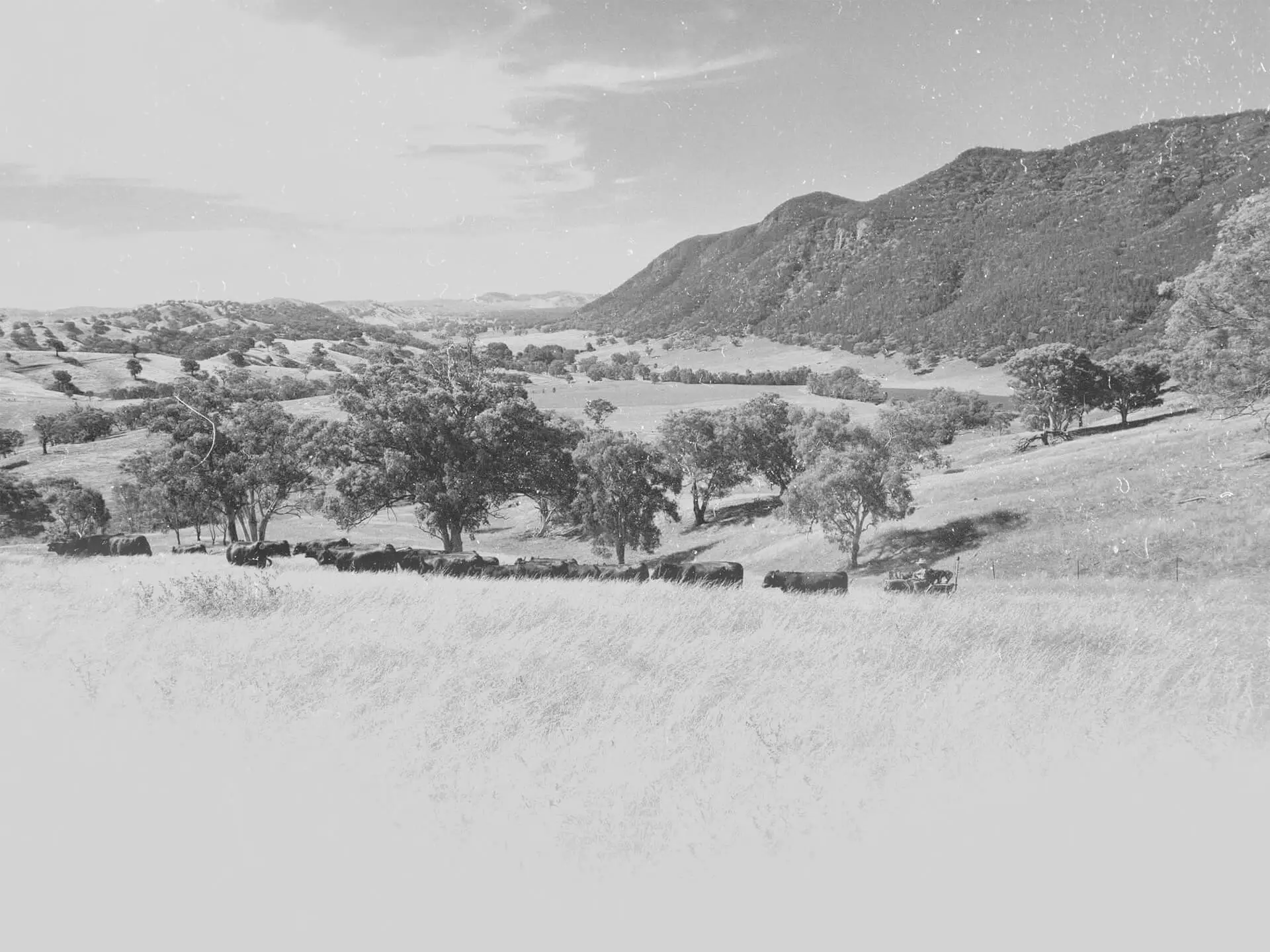Pay day coming for beef producers if drought gets ugly
Thursday 12th July 2018

Autumn Bull Sale - Wednesday 16th April
Thursday 12th July 2018

Market analyst Simon Quilty, MLX, has forecast a record pay day for beef producers if the drought gets ugly.
If the drought worsens, cattle prices could skyrocket into record territory in 2019 and beyond, according to market analyst Simon Quilty.
Mr Quilty, of Wangaratta, outlined a forecast for cattle prices over the next three years at the Reiland Angus seminar in Wagga on July 10.
He said cattle producers would be forced to make hard decisions about what was on the other side when the drought broke.
Mr Quilty said the news was “extremely good’’ with producers in for a record pay day as prices potentially reach 750c/kg carcase weight.
“This time last year we were talking an Eastern Young Cattle Indicator (EYCI) price of 542c/kg and in 2016 we were at 650c/kg,’’ he said.
“Back then we were talking about a downturn in prices and today we are an EYCI of 516c/kg.
“This year we are 19 per cent down on the highs of 2016 when it got to the dizzy level of 720c/kg.’’
Mr Quilty said the EYCI had a 92 per cent correlation to NSW feeder steer prices on a daily basis.
Last year, he forecasted the EYCI was expected to be at 600c/kg or 325c/kg liveweight by mid 2019.
“2018 is the challenging year – we are liquidating (the cow herd) at the rate of knots right now and depending on how hard we liquidate, will mean how quickly we rise,’’ he said.
“If the drought gets deeper, the rebound will be even harder and returns will be greater.
“We will exceed the prices of 2016 and in 2019-2021 we will see an EYCI of 750c/kg.’’
Mr Quilty said foetal blood collection of unborn calves was a barometer of the liquidation rate of the national cowherd, indicating higher female slaughter rates in NSW, Victoria and Queensland.
The volume of foetal blood collected this year was double last year’s figures.
Mr Quilty compared two scenarios – firstly where the drought finishes by year-end and secondly where the drought finishes in mid to late 2019.
Under the first scenario, he forecast a fall in the cowherd of 1.27 million head followed by a rebound in prices in 2020 (but not equaling 2016 prices).
Under the second scenario, the cow kill will reach 1.55 million in 2018, slow to 350,000 head in 2019, with the market rebounding to even greater levels of 2017 and falling away as the herd rebuilds.
Mr Quilty said the levels would be capped by global pricing over the next two to three years.
He said the cattle market was moving into a “third quarter lull’’ with a quiet patch over the next few months and prices bottoming at 400-410c/kg carcase weight in October.
But the market will start to move upwards in spring due to buying for the world’s single largest holiday, Chinese New Year in February, 2019.
Mr Quilty said a super demand cycle was being experienced where global and US meat prices moved in tandem, meat production volume increased, prices rise concurrently and US export volumes increase.
Driving the demand super cycle was 140 million people joining the global middle class each year, and by 2020 will become the majority of the global population for the first time.
Mr Quilty said Australia’s reliance on export markets meant any hiccups or disruptors would result in dramatic changes.
“The plant-based protein Impossible Burger is being served in 2500 restaurants across the US – it looks and tastes like beef,’’ he said.
“I regard these as disruptors, changing the market.’’
Cultured meat costs $7000/kg to produce and is expected to be commercial by 2021.
Air New Zealand announced the Impossible Burger will be offered to Business Premium customers on all flights from Los Angeles to Auckland.
“Donald Trump is disrupting global trade – for us it has been beneficial in the short term but if we are not careful, it will be dramatic and in the negative,’’ Mr Quilty said.
“The Australian Productivity Commission has modelled the impact of a 15 per cent rise in tariffs across all countries would cause a global recession.’’